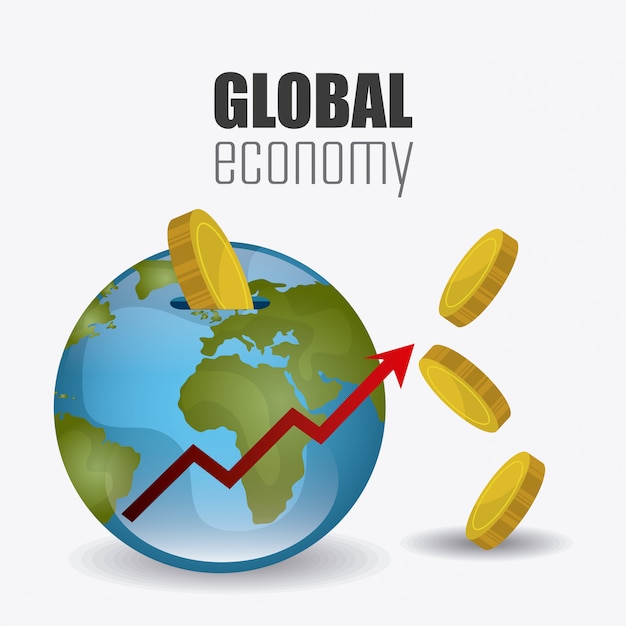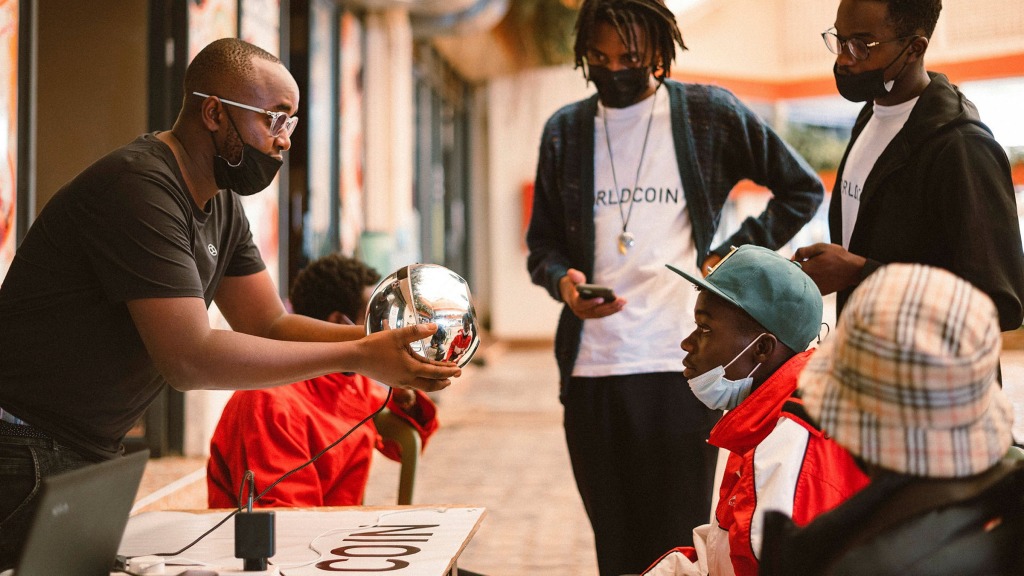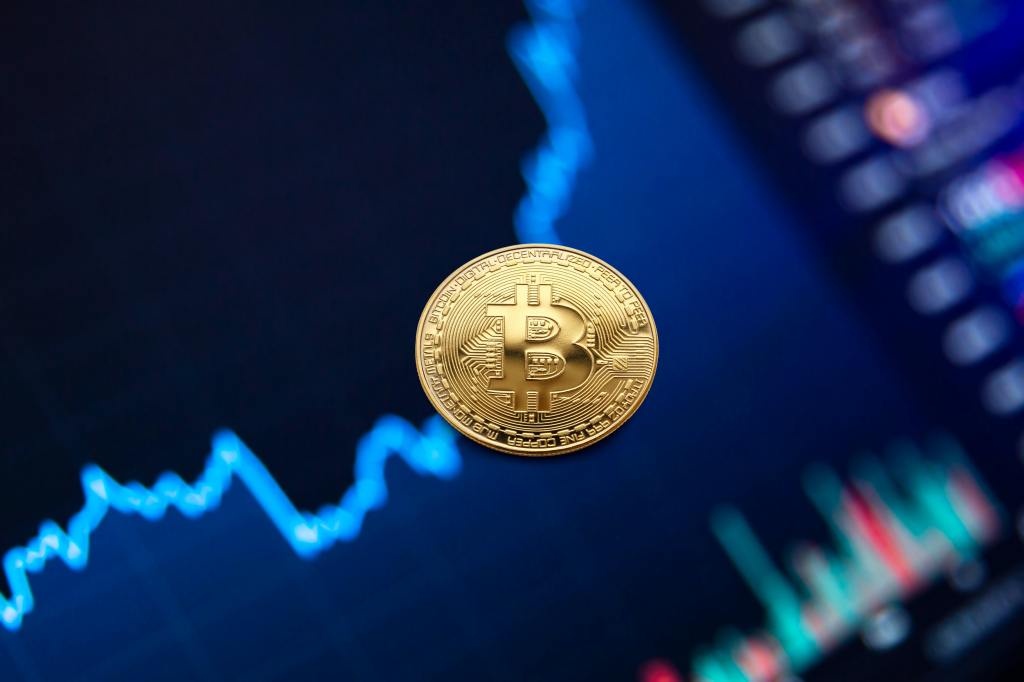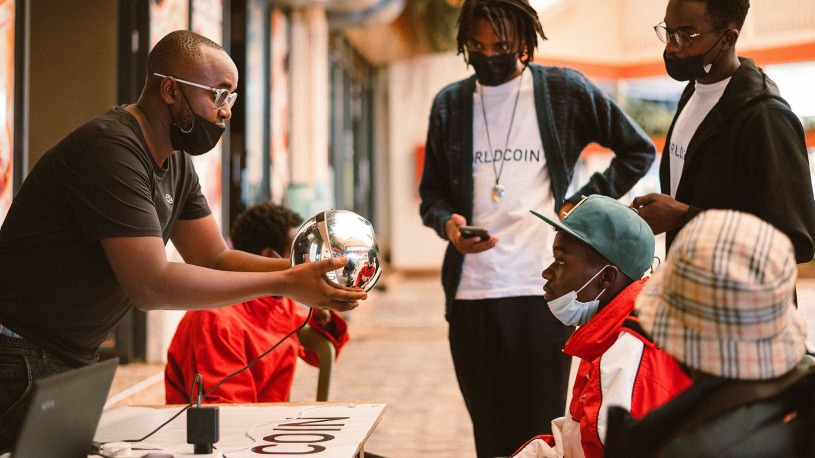“Nauza World Coin, we dm wee dm tu.“
Hello Millenial Readers, welcome today to another interesting topic that I’m sure has not only caught my curiosity since last week but also yours as well. I’m sure most of us have interacted with the phrase above in the digital spaces, mostly on Tiktok, and perhaps might be wondering what this world coin is and what it has to do with me and what happens if I DM.

Here is what The Millennial News has about world coin, a new cryptocurrency that awards free tokens for scanning eyeballs to verify one’s humanity.
World Coin got launched on July 24th, and Kenyans are already going crazy about it. On Friday, Kenyans flocked to several Quick Mart outlets in Nairobi to scan their eyeballs to get free tokens offered on this new platform. The machines used to scan have been located not only in Kenya but across 35 countries around the globe. News has it that close to 2.5m people have already been scanned and awarded these free tokens, also referred to as WLD. Those already awarded can then transfer these tokens to official crypto exchanges like Binance and use them to buy cryptocurrencies, sell them, and get free money. The population turnout for this is too high already, and the queue in Kenya alone is surprising. Is it too fast before we can judge if this move is a wise one? That is food for thought.

In other news, the CEO of the tax-based artificial intelligence platform chatGPT’s developer, OpenAI, and Co-founder, Sam Altman, says it wants to give everyone access to the global economy by giving them verified digital identity, free cryptocurrency tokens, and a wallet. The concept was to create a digital currency that would be more inclusive and accessible to people worldwide regardless of their socioeconomic status. He further explained that advances in AI have made it increasingly difficult to tell whether online activity came from real humans or AI, necessitating the proof of personhood through retinal scans. It verifies users’ identity by scanning their iris to create personal, secure identification codes referred to as world ID.
“The goal is simple: a global financial and identity network based on proof of personhood,” Altman clarified on Twitter. In this AI era, this seems to give a satisfying feeling, especially on the governance of future AI systems.

Is It Worth Taking The Risk? You May Ask
Here is what the Office of Data Protection Commission cautioned Kenyans against sharing their sensitive data before they receive proper information on how their data will be used. I would have personally loved to know the main reason why people are turning up in large numbers for this so fast without giving it a slow second thought. But from what I have gathered, it’s the free money that is enticing to most, especially in these tough economic times our country is facing, and the majority of the population are youths in their 20s or 30s who are most likely unemployed. All they are asking for is to scan my iris; I have nothing to lose, one may think. Before you buy into this thought, Altman and Blania, the founders of this initiative, also are not sure of the outcome of this journey yet from a statement on their website.
The ODPC office still reminds Kenyans to be vigilant even as they continue to engage with the digital identification platform, worldcoin. Individuals are advised to thoroughly inquire about how their data would be used. That is it for now on world coin. More updates will come as more information on this new digital disruptor (world coin) surfaces. Thank you for reading; see you next week again. Bye!
Ms Emmie ❤❤❤

